Travel
Travel Tips: Staying In Hotels
Tips for a Smooth Hotel Stay
Planning a family vacation is super exciting, but when your child is on the autism spectrum, it’s important to think about their unique needs. Don’t worry, though! We’ve got you covered with lots of tips, strategies, and things to consider, so you can make sure your hotel stay is comfortable and enjoyable for your child. With a little preparation and understanding, you’ll be all set for an amazing trip that creates lasting memories for the whole family.
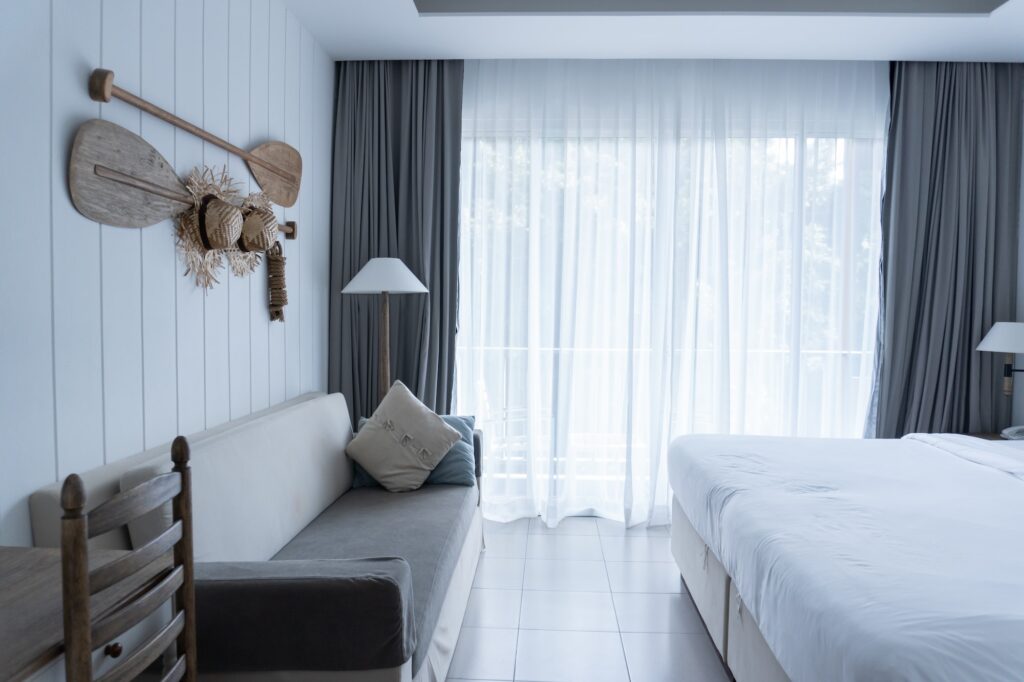
Research & Choose an Appropriate Hotel
Look for hotels that are autism-friendly or have accommodations suitable for individuals with sensory sensitivities. Contact the hotel in advance to discuss your child’s needs and inquire about any specific services they offer, such as quiet rooms, low-sensory areas, or special meal options.

Plan Ahead
Create a visual schedule or social story to help your child understand what to expect during the hotel stay. Include information about the journey, arrival, check-in process, room layout, and any planned activities. Review the schedule with your child before the trip to reduce anxiety and uncertainty.


Communicate with Hotel Staff
Inform the hotel staff about your child’s autism and any specific needs they may have. Share information about sensory sensitivities, communication preferences, or any behaviors that might arise. Discuss any accommodations or modifications that can be made in the room, such as removing certain items or adjusting the lighting.
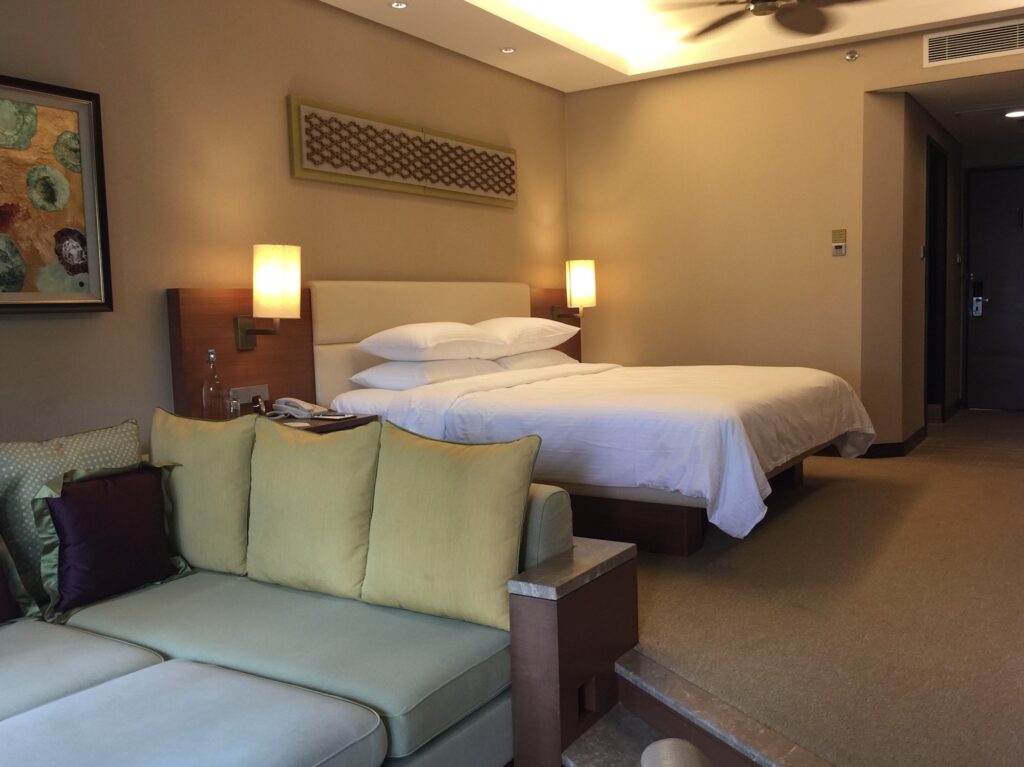
Request a Quiet Room
Ask for a room located away from high-traffic areas, elevators, or noisy facilities. A quieter environment can help reduce sensory overload and promote better sleep. Consider bringing along familiar items like noise-cancelling headphones or a white noise machine to further create a soothing atmosphere.

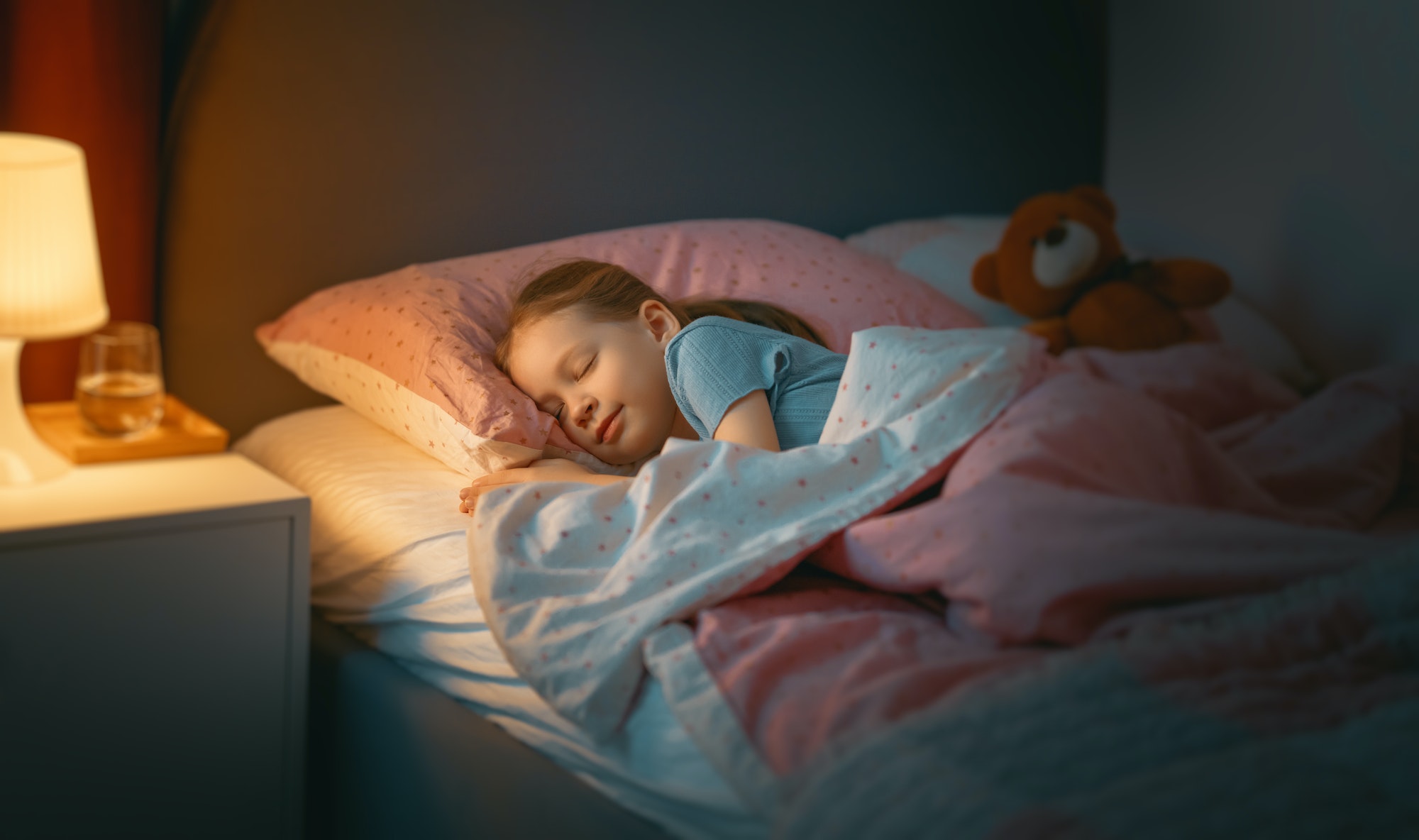
Create a Familiar Sleeping Environment
Bring your child's favorite pillow, blanket, or stuffed animal to provide a sense of comfort and familiarity. If your child requires a specific sleeping arrangement, such as a specific type of bed or sleeping on the floor, communicate these needs with the hotel in advance.
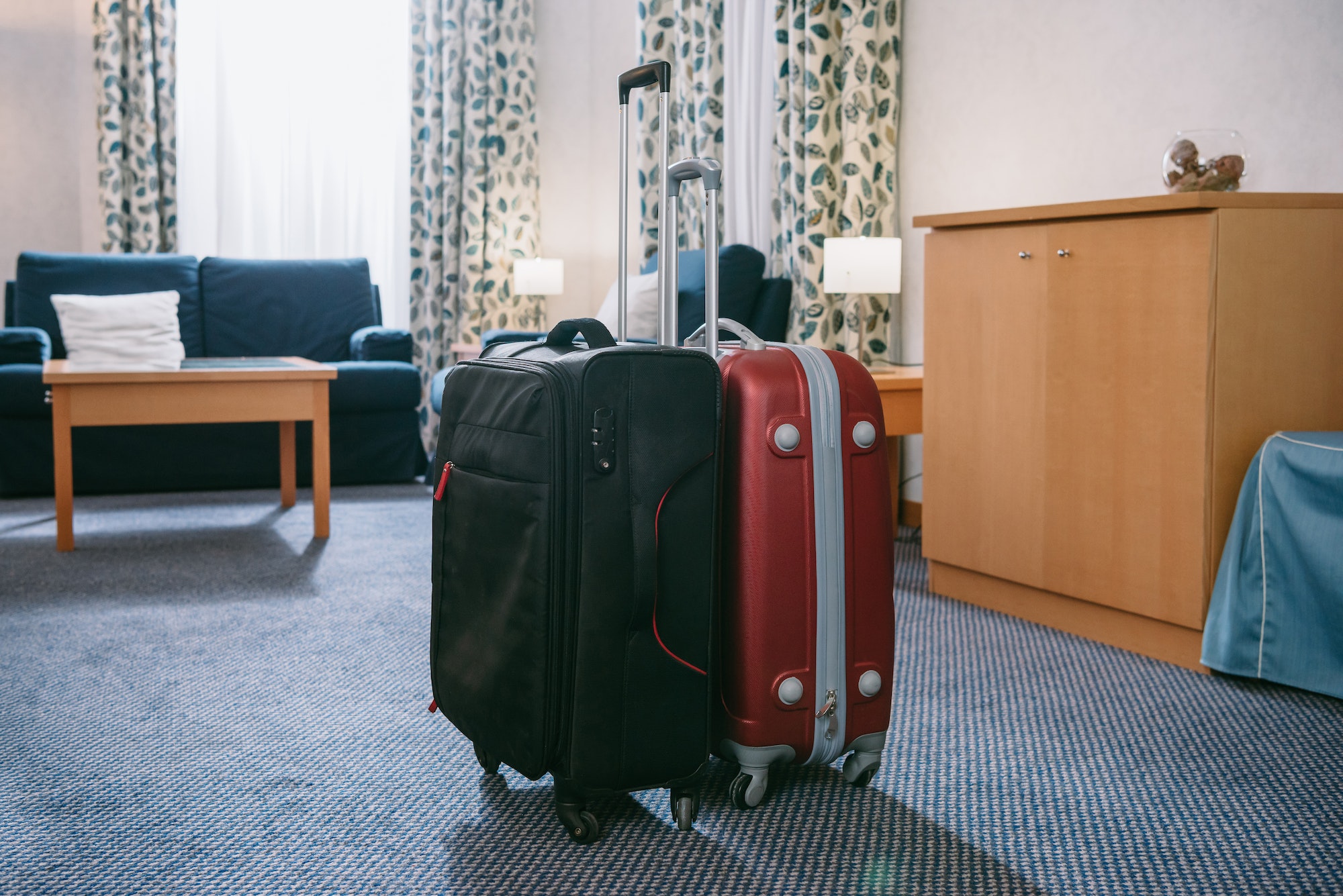
Pack Sensory Comfort Items
Depending on your child's sensory preferences, consider packing items that can help create a calming environment. These may include fidget toys, weighted blankets, ear defenders, or sensory-friendly activities like coloring books or puzzles. Having familiar and soothing items on hand can assist in managing sensory sensitivities and provide a sense of security.
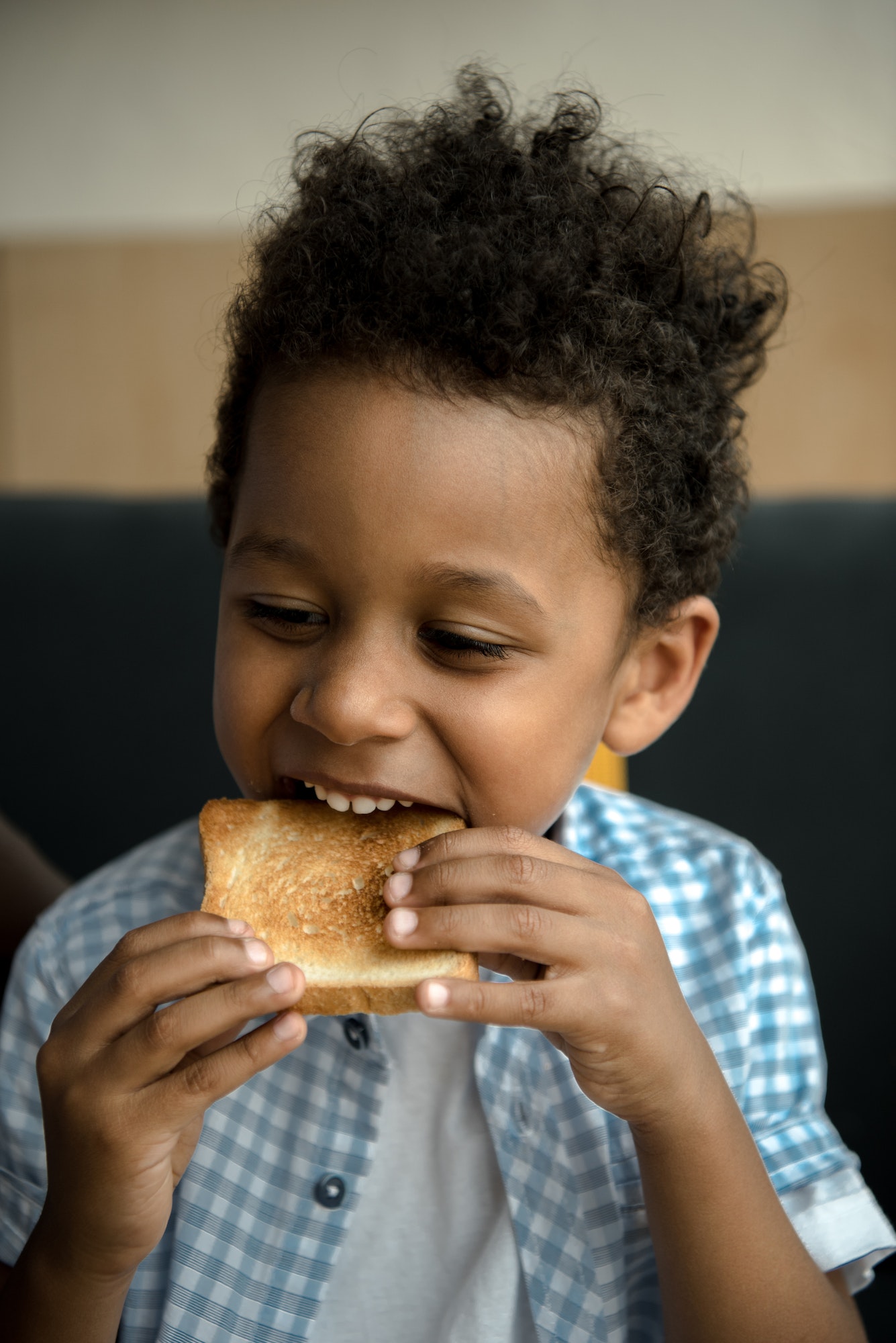
Maintain a Routine
Try to stick to your child's daily routine as closely as possible while staying at the hotel. Keep consistent meal times, bedtimes, and other activities to help your child feel more comfortable and grounded in a new environment.

Prepare for Mealtimes
If your child has dietary restrictions or specific food preferences, communicate these to the hotel in advance. Some hotels may offer special meal options or be willing to accommodate specific requests. Additionally, consider bringing along familiar snacks or foods to ensure your child has something they enjoy during the stay.
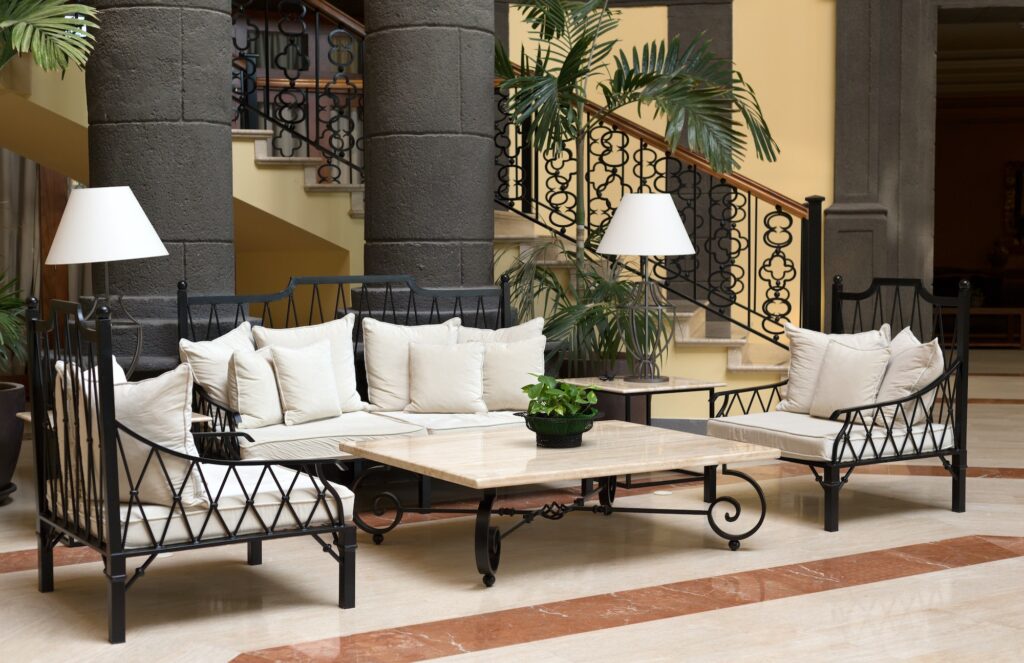
Take Breaks & Find Quiet Spaces
Recognize when your child might need a break from the hotel environment. Seek out quiet areas in the hotel where your child can relax and decompress if needed. This could be a secluded corner in a lobby, a designated quiet room, or even a nearby park or green space.


Be Flexible & Patient
Understand that changes in routine and new environments can be challenging for individuals with autism. Be patient and flexible, and provide support and reassurance to your child as needed. Remember to take breaks for yourself and seek support from your travel companions or hotel staff when necessary.
Guide Disclaimer
It is important to note that every child with autism is unique, and what works for one child may not work for another. This guide is not meant to replace professional advice or individualized support from qualified experts, such as autism specialists or therapists.
The information provided in this article is intended for general informational purposes only and should not be considered as professional advice or a substitute for medical, therapeutic, or educational guidance. Every child’s needs are unique, and what works for one child may not work for another. It is essential to consult with qualified professionals, such as doctors, psychologists, therapists, or educators, who can provide individualized recommendations and support tailored to your child’s specific needs.


